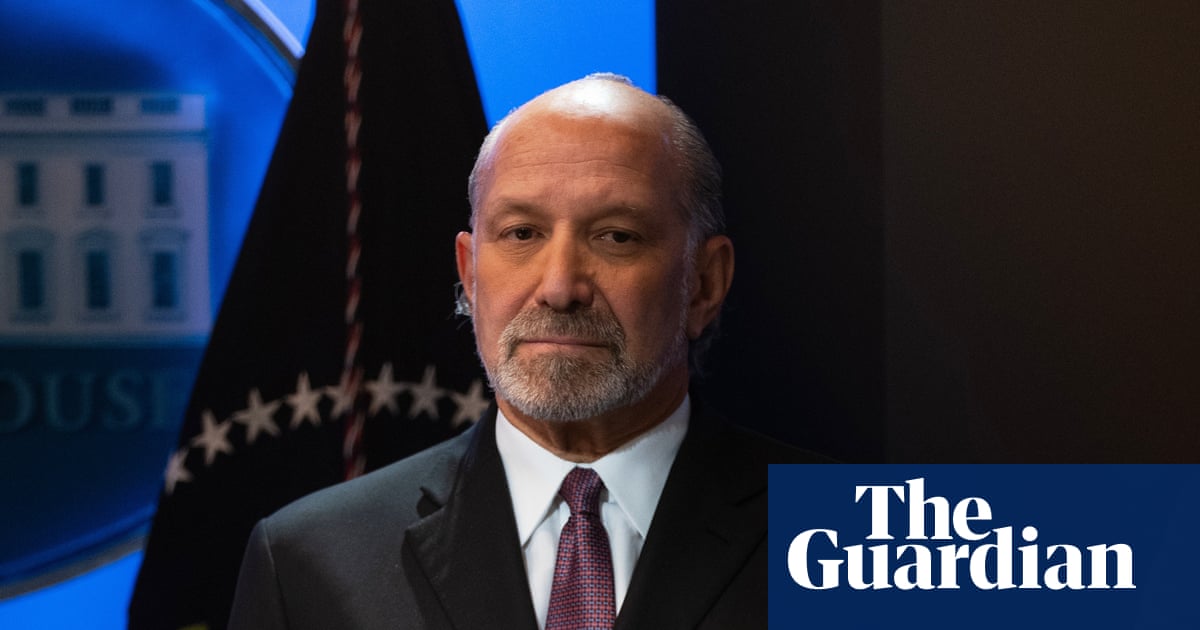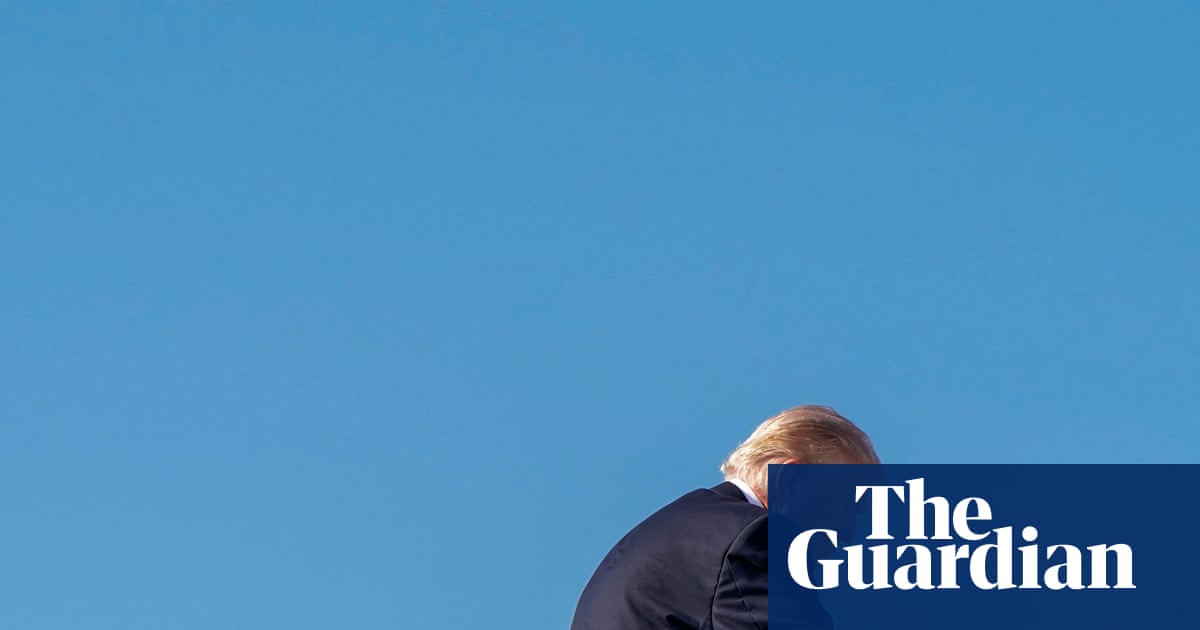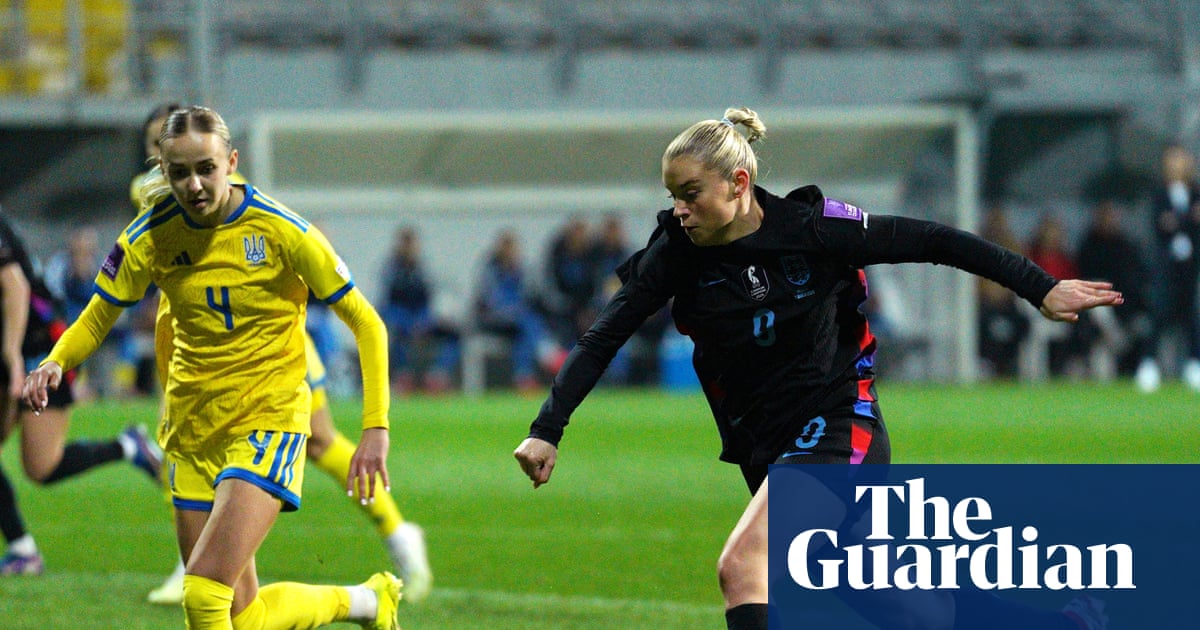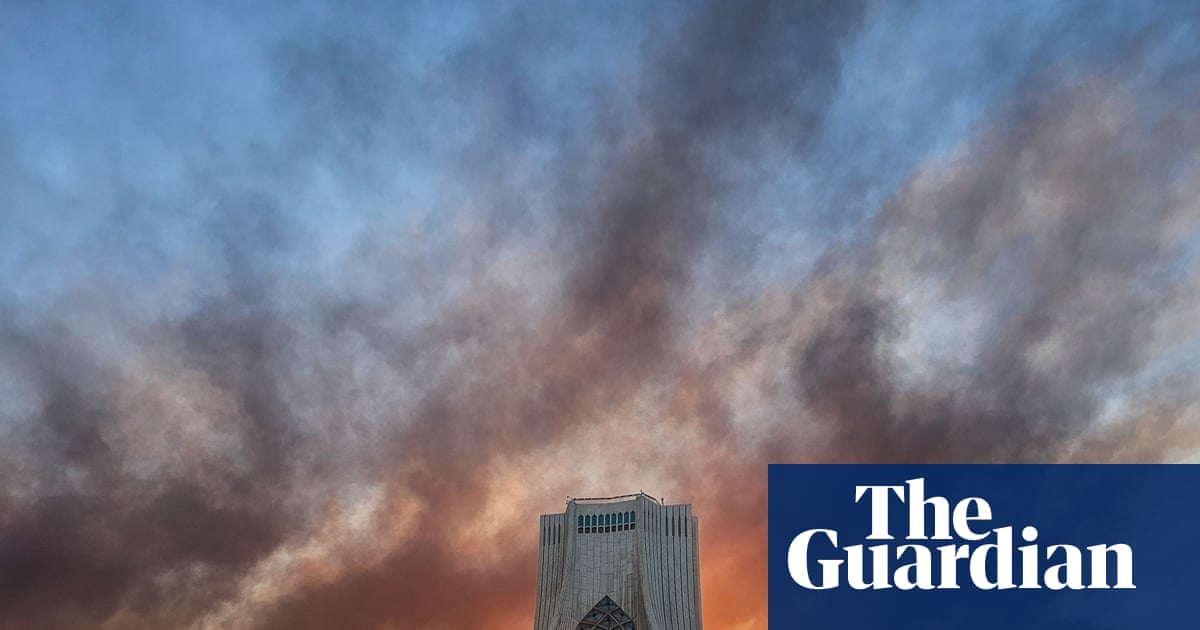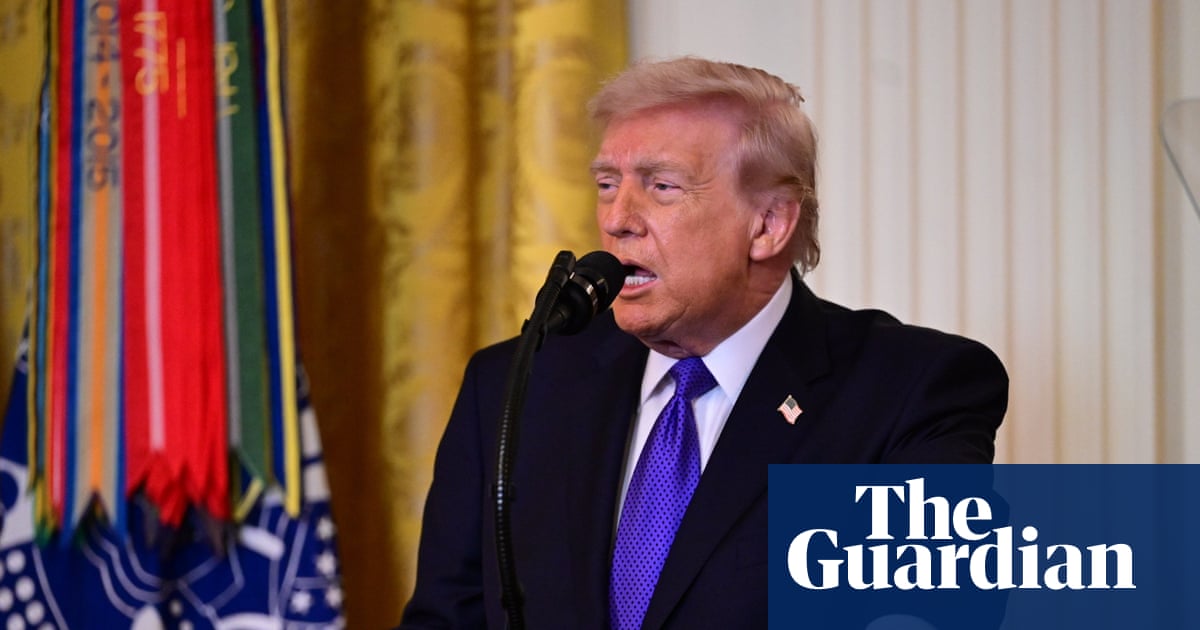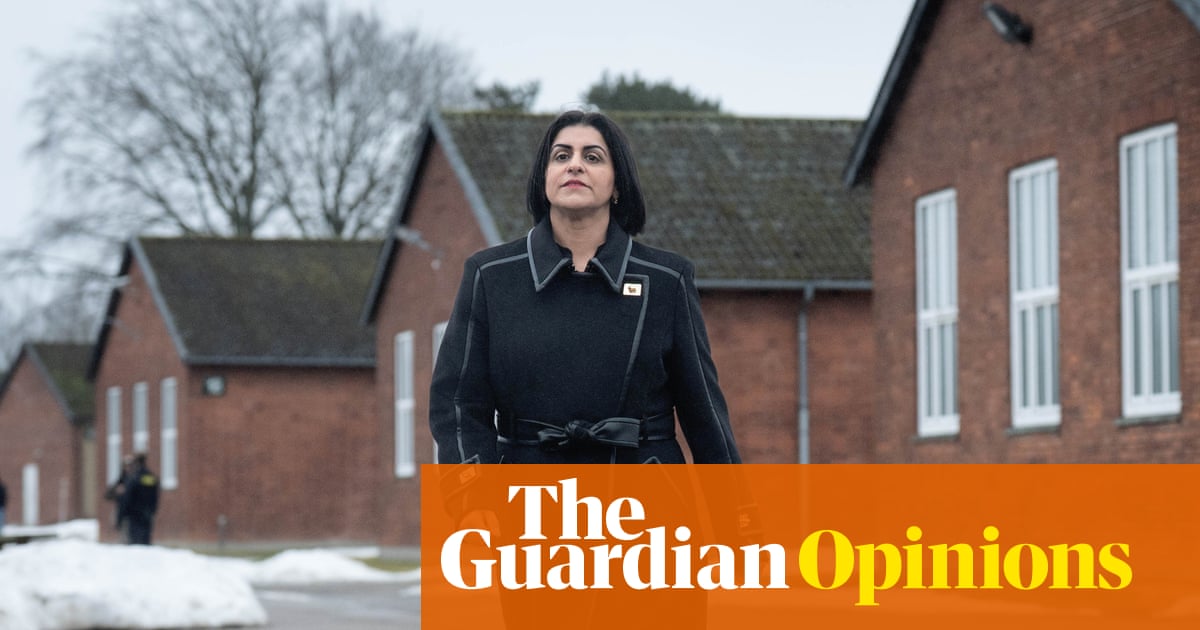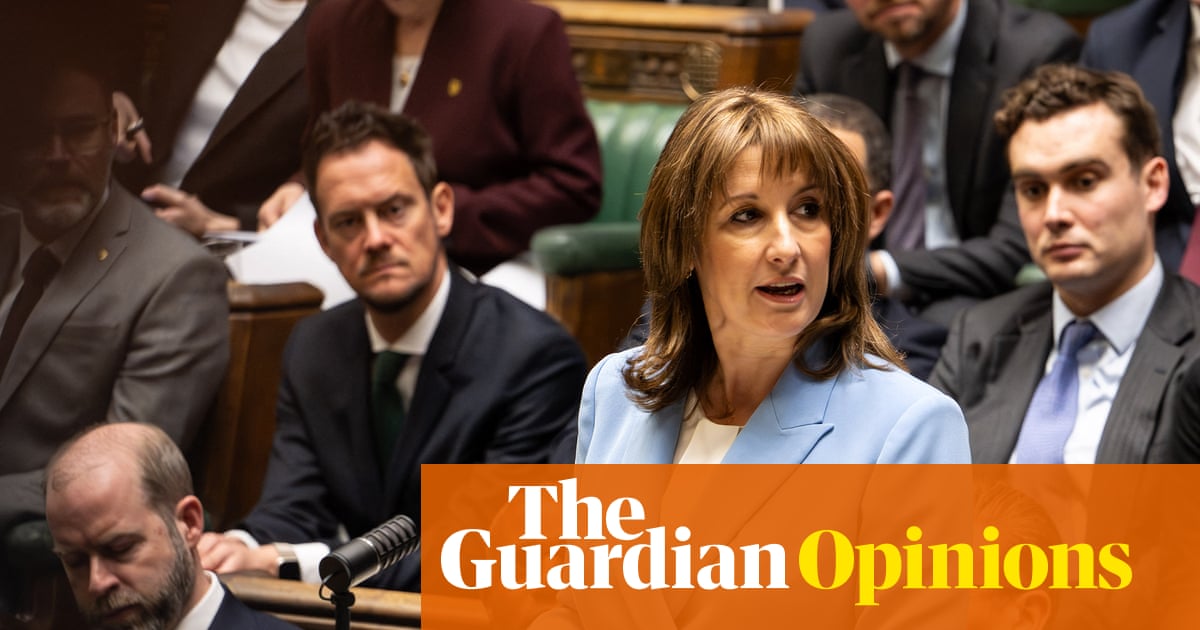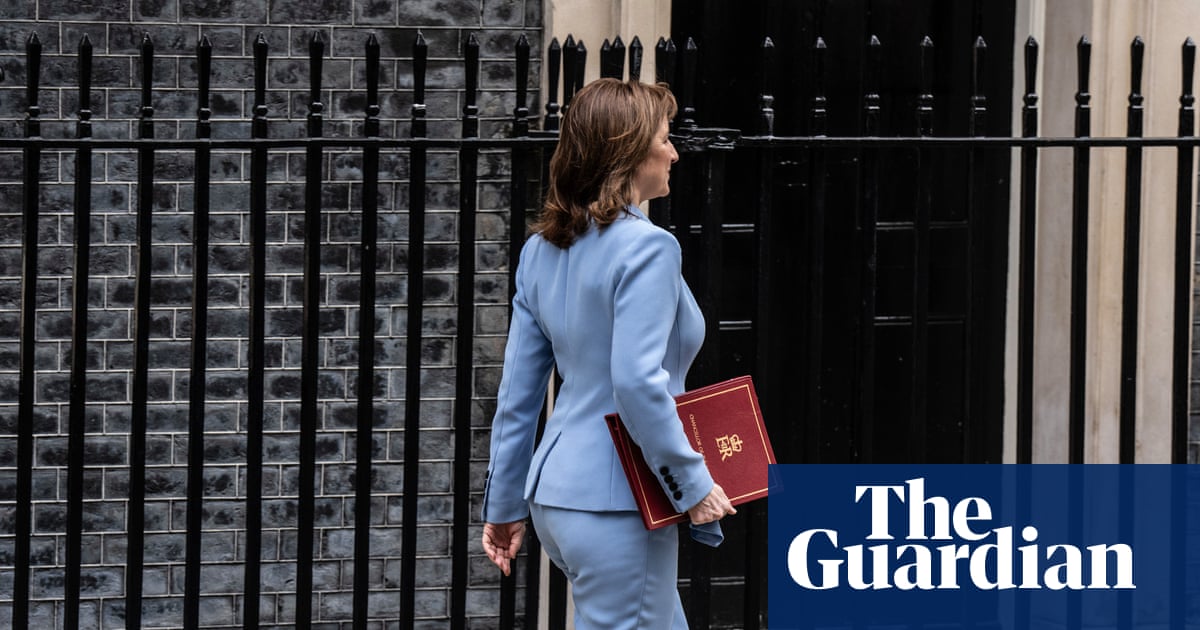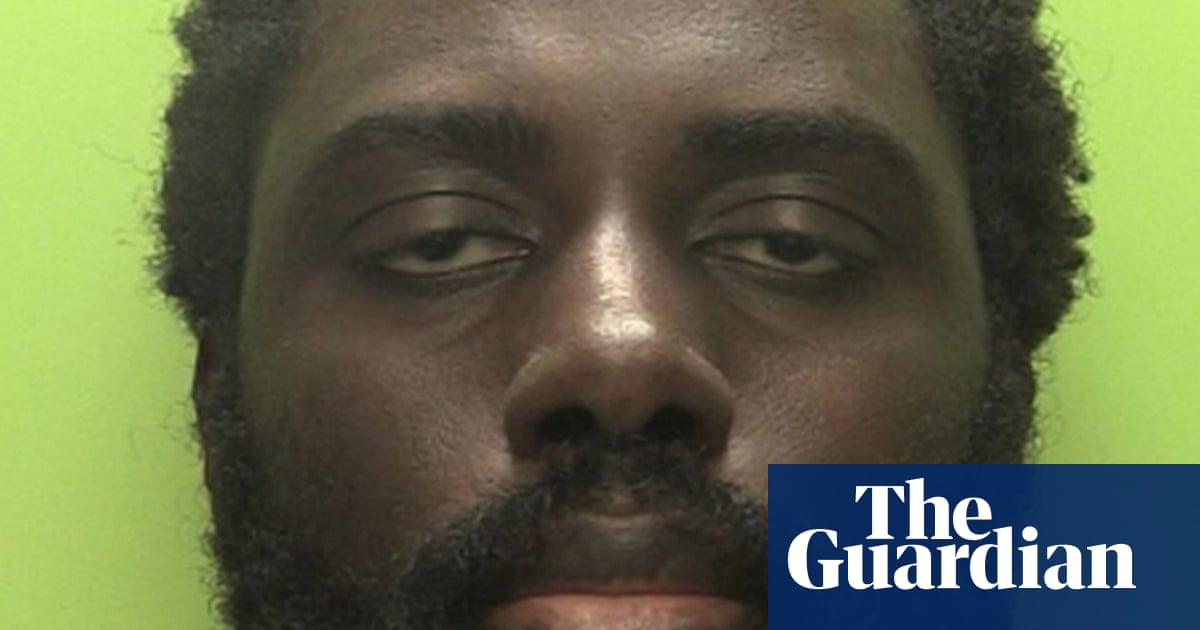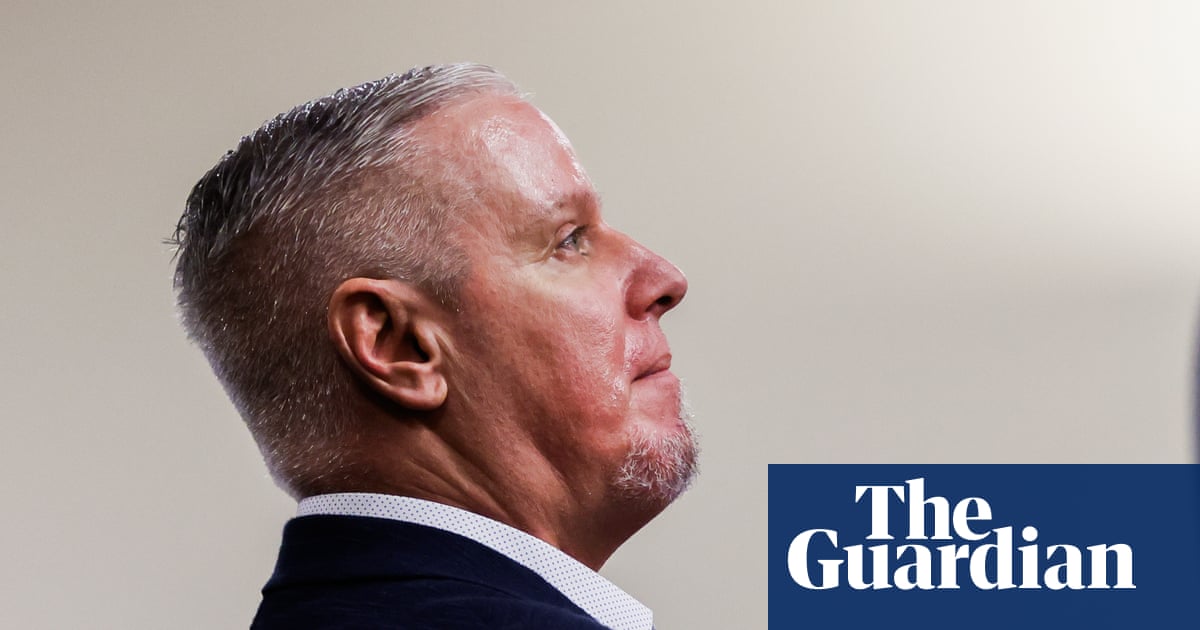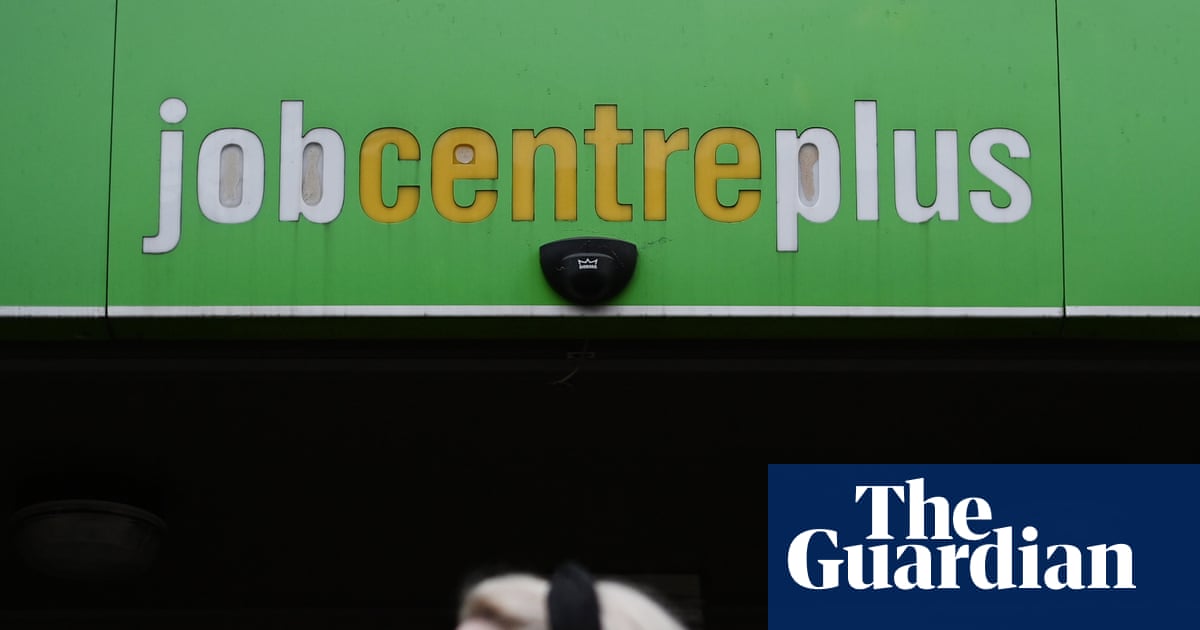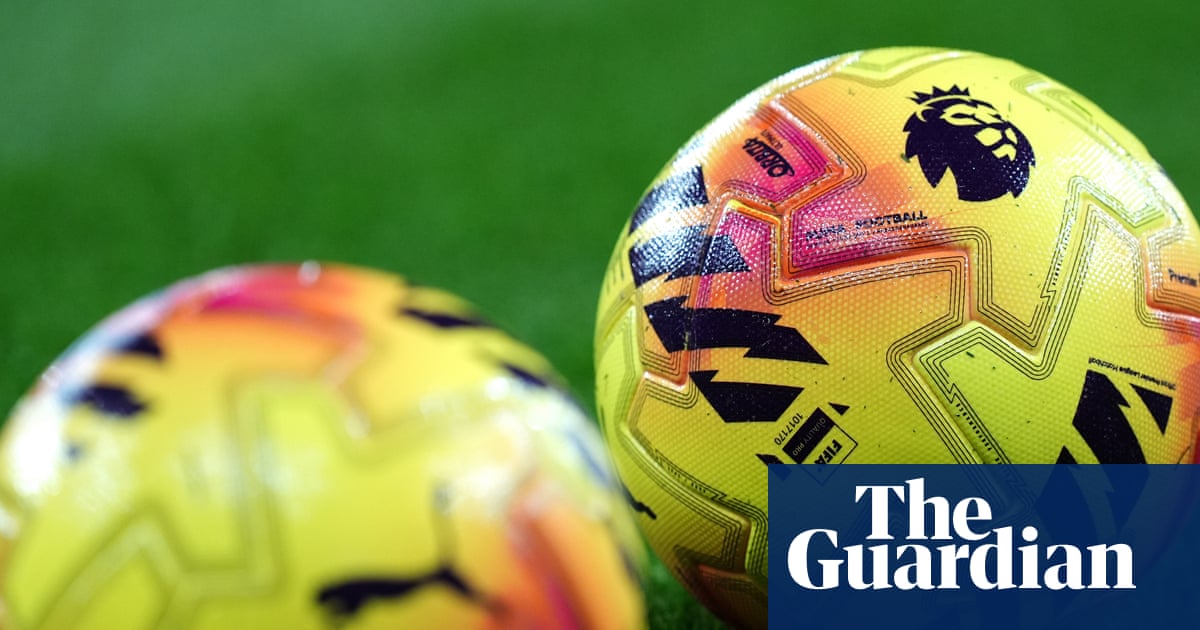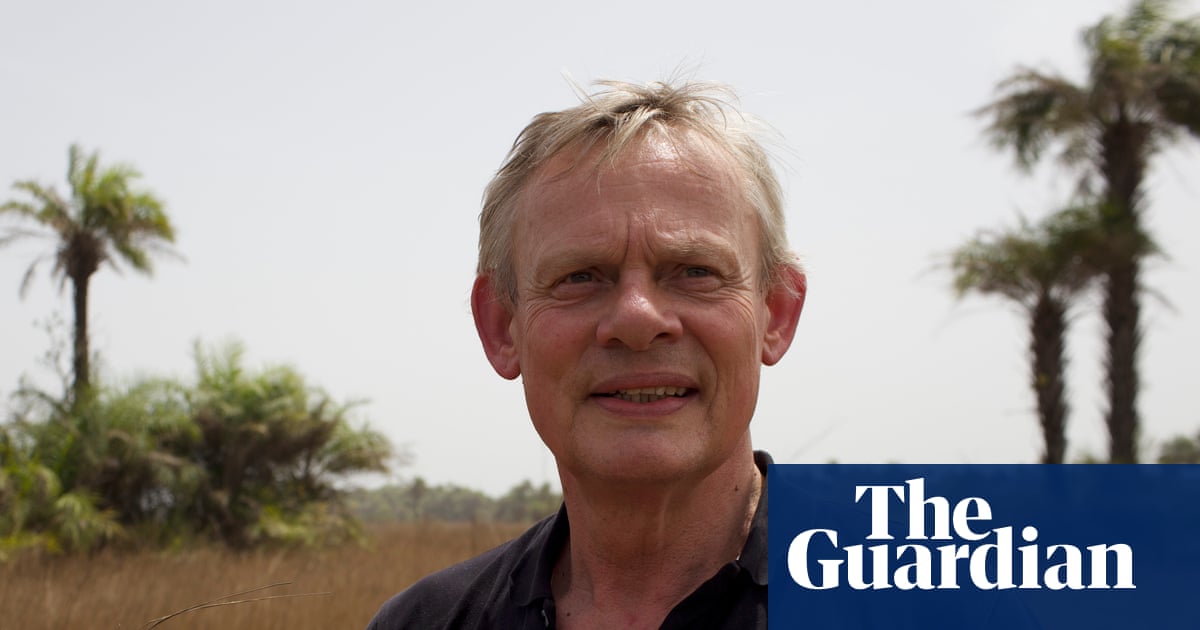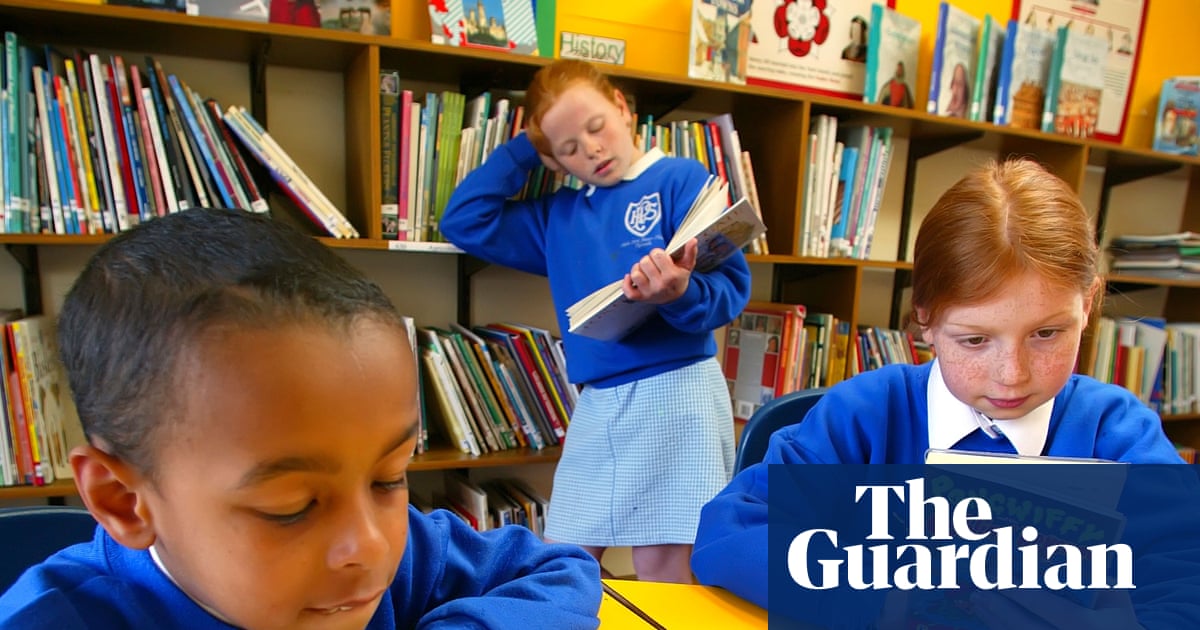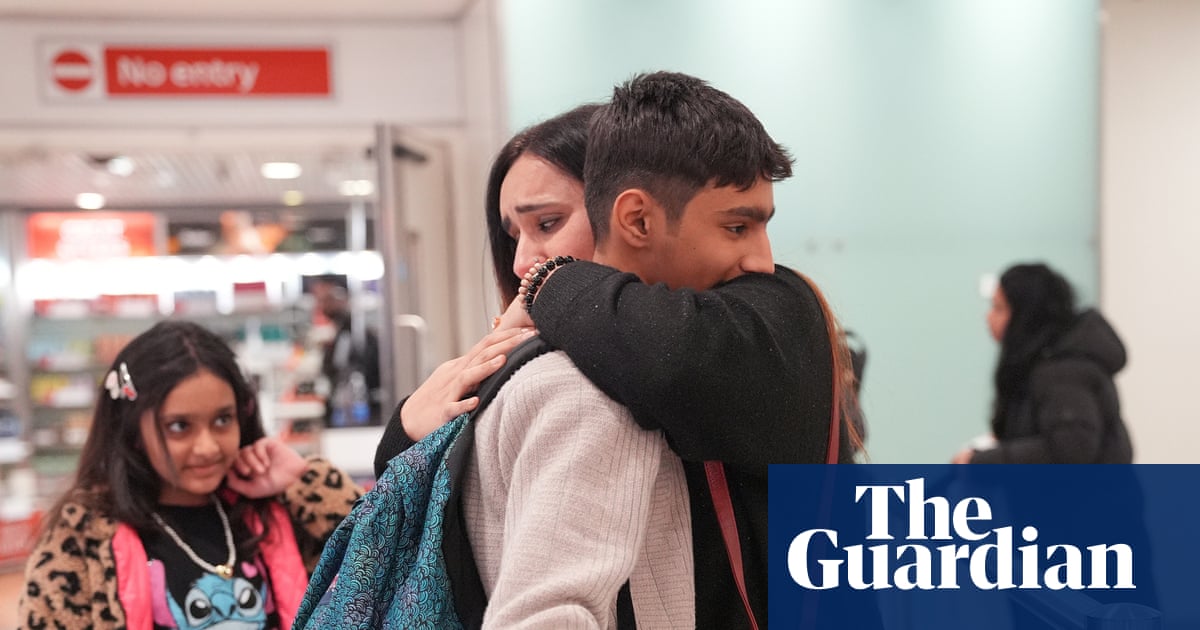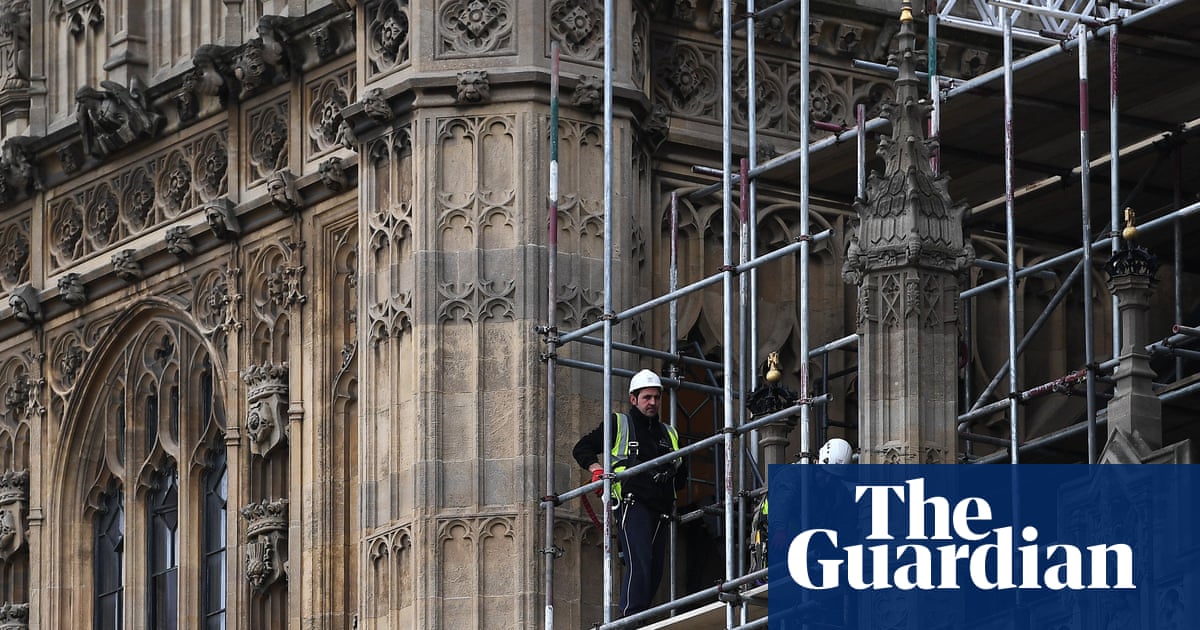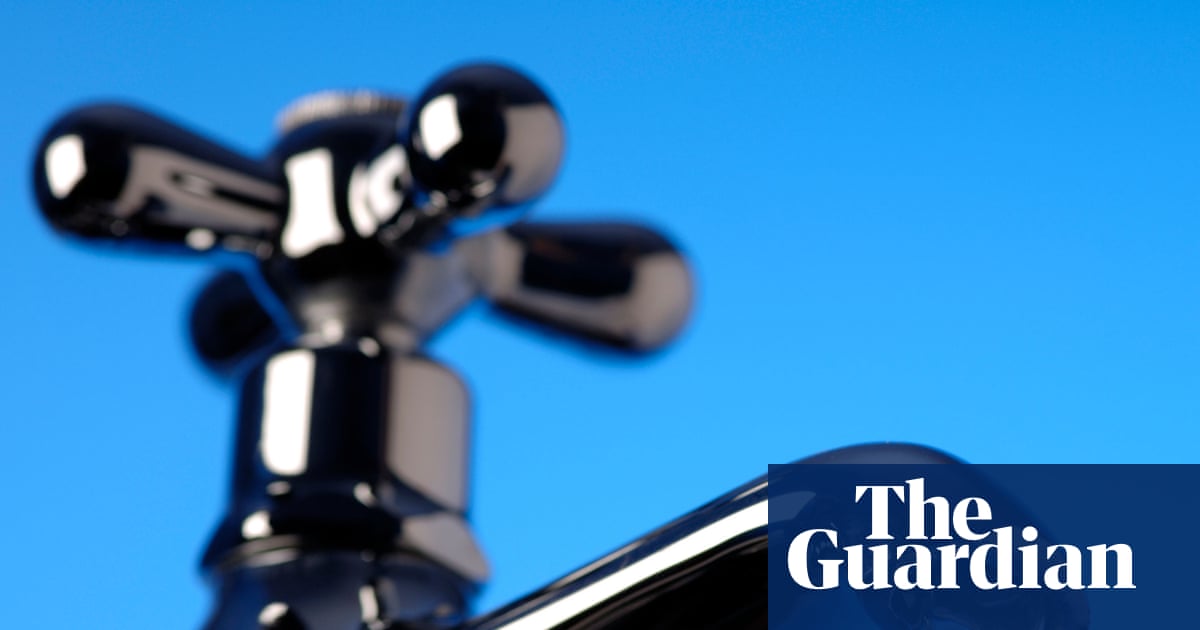Earlier this year, my father, Ken Saro-Wiwa, and his eight colleagues, known collectively as the Ogoni Nine, were pardoned for a crime they never committed. After peacefully campaigning against environmental degradation of Ogoniland in Nigeria at the hands of the oil industry, they were imprisoned by the military dictatorship on false charges of treason and incitement to murder, following a trial condemned by the international community as a sham.
On 10 November 1995, the men were executed by hanging.
Thirty years on, the government of President Bola Tinubu granted a pardon to the Ogoni Nine. While our families welcome this as a step in the right direction, it is not enough – a pardon suggests that these nine innocent men committed a crime. Although the court of public opinion recognises their innocence and courage, it is important that they are officially exonerated. The refusal of successive governments to do this speaks volumes. It speaks of a corrupt cabal that has ruled Nigeria directly and indirectly over the past few decades and continues to stifle any attempt to honour my father’s memory.
But that legacy can never be suppressed. Ken Saro-Wiwa and thousands of brave Ogoni protesters ensured that Shell Oil pulled out of Ogoniland in 1993. Since then, the multinational has been held to account for some of its environmental damage and was ordered to pay compensation for oil spills including the disaster in Bodo in 2008. Shell subsequently divested from the Niger delta earlier this year and sold its onshore leases to a local consortium (which raises further concerns about their liability for past oil spills). My father’s death led to the creation of the Hydrocarbon Pollution Remediation Project (Hyprep), which continues its task of cleaning up the hydrocarbon pollution in Ogoniland, albeit with mixed results.
Pollution levels are still unacceptably high. Militancy, the sabotaging of pipelines and illegal refining have further damaged the environment, and now, high unemployment and the cost of living crisis have compelled some Ogonis to call for the resumption of oil extraction. While I fully sympathise with their wishes, welcoming back the oil companies would be an insult to my father’s memory and a huge step backwards. The industry, even if properly managed, is not labour intensive and it benefits a relative few. Its continued extraction elsewhere in the delta offers a cautionary tale. Last year, I drove through the Obrikom oil and gas field, about 50 miles (80km) northwest of Ogoniland, where I saw crude petroleum gushing furiously from a broken pipe and into a river. The sight of that blackened water was horrifying. That the pipeline wasn’t fixed for months was even more appalling.
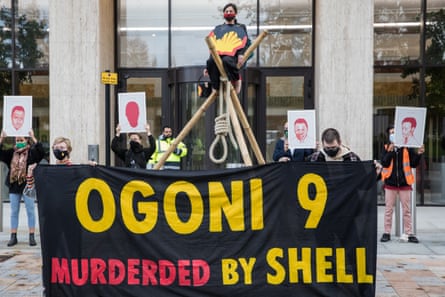
Ironically, I witnessed that leak while on my way to visit a renewable energy project that I was involved with as a consultant. A solar power plant has now been installed in Umuolu, enabling the remote riverine community to rely entirely on clean energy. There are no oil spills and no tensions about who will be employed by the energy company. Residents fish and farm the land, which is how it should be. Why suck on the dirty teat of the petroleum cash cow when we have incredible natural assets? In September, I visited a conservation project, the SW/Niger Delta Forest Project, where Rachel Ashegbofe Ikemeh and her team are doing a sterling job of conserving a slice of the Apoi Creek, a primary rainforest that is home to the last most-significant population of the Niger Delta red colobus monkey, bush pigs, the African pied hornbill, water chevrotains, the mangabey and other species. The forest is a glimpse into our beautiful ecological past and a preview of what could be regained under the right stewardship. Ikemeh’s team have successfully educated the Apoi community about protecting the forest and its wildlife rather than eating it.
It is an education sorely needed elsewhere in the region. Just a few weeks ago, on an Ogoni Facebook group page, I saw a photo of a live giant leatherback turtle that had been dragged into a village after washing up on shore. I was amazed and excited, yet in the comment section people discussed whether it should be eaten or not. Meanwhile, in places such as Tobago and Costa Rica, tourists pay thousands of dollars to come and see turtles like that. The animal’s appearance on our shores, though rare, proves that wildlife still exists in the Niger delta’s lushly vegetated creeks, rivers and beaches. Accommodating nature and farming is a huge conundrum, of course, but there’s an economy that can be created by leveraging our natural assets. Crucially, it requires moving towards non-polluting, renewable energy that can power our small businesses cleanly and reliably, and boost the economy.
My father understood that our wealth lies in our ecology and in education, and that we could one day move away from oil, especially if it enriches everyone else at the Ogonis’ expense. I remember him showing me and my siblings around the garden in our house in Port Harcourt, teaching us about the flowers and the fireflies. Through the Ken Saro-Wiwa Foundation, which will relaunch in the coming months, I hope we can boost education and bring solar energy to Ogoniland and gradually transform it into a place of non-oil entrepreneurship, agriculture and natural beauty that will honour my father’s legacy.
Noo Saro-Wiwa is the author of Looking For Transwonderland (Granta) and Black Ghosts: A Journey Into the Lives of Africans In China (Canongate)
A Month And A Day: A Detention Diary, by Ken Saro-Wiwa, is published by Ayebia Clarke Publishing

 3 months ago
86
3 months ago
86

